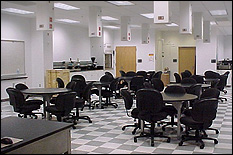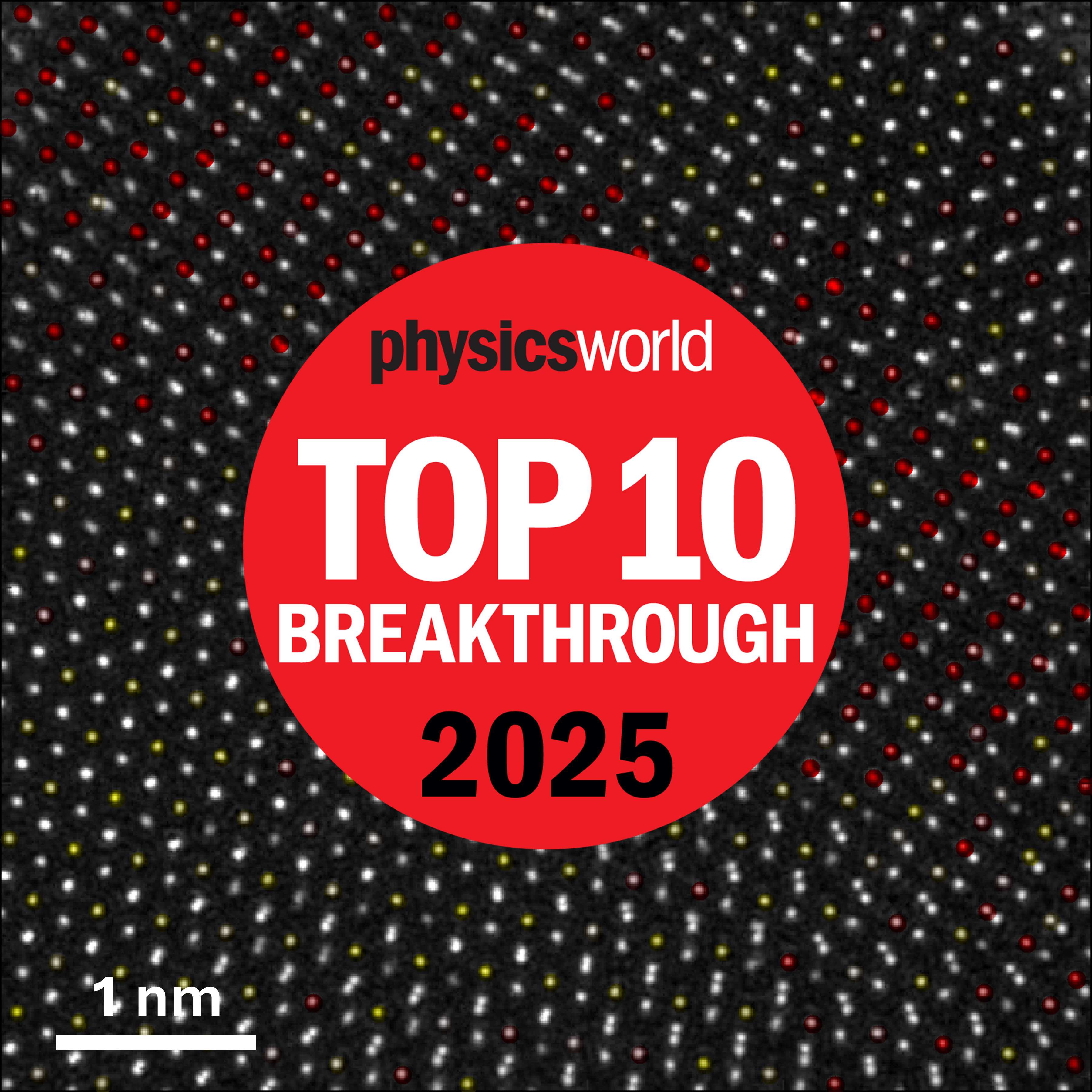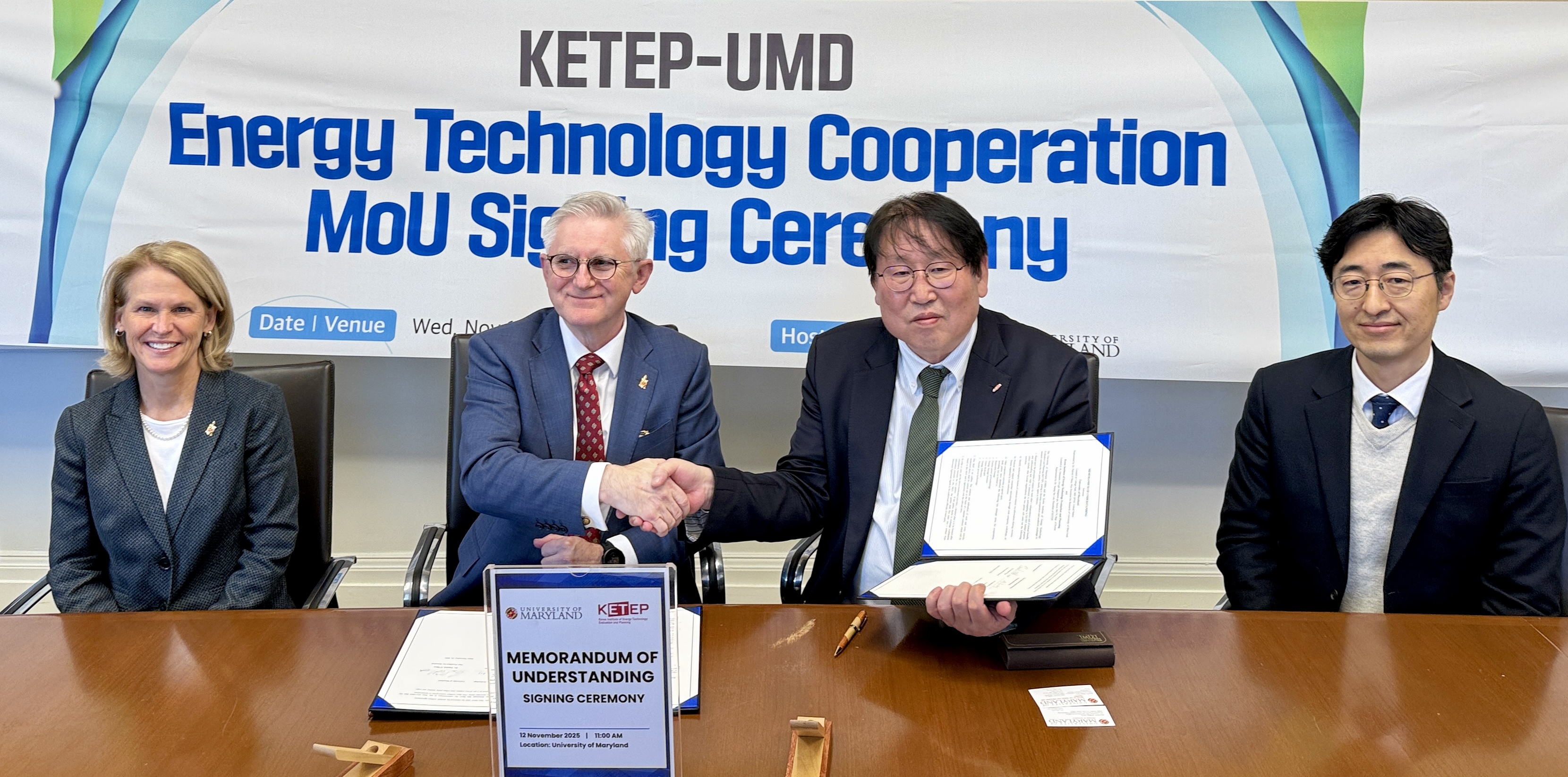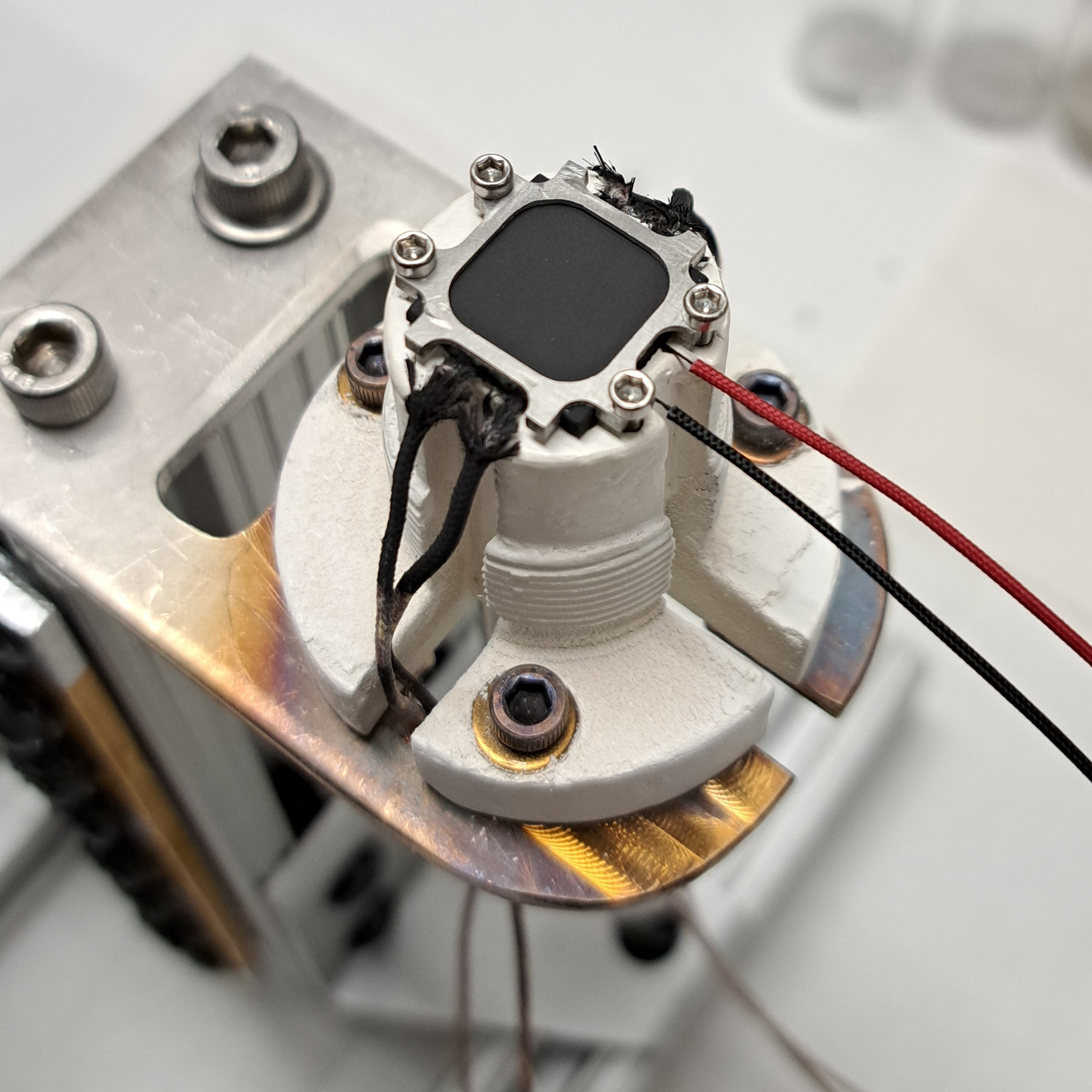News Story
Materials Camp Will Help Teachers Innovate

The Materials Education Laboratory
The ASM (American Society of Metals) Materials Camp is funded by a grant through the National Science Foundation and the ASM Education Foundation. Directed by MSE Professors Aris Christou and S. Ankem, the camp will consist of a four-day training experience in which teacher participants will learn the basics of materials science technology as taught at the high school level.
Professor Christou emphasizes hands-on learning using metals, ceramics, polymers, composites and nanostructures of selected materials. The training is project-based and includes introductory lectures, demonstrations and experiments as well as student projects.
"The teachers will see how this heavily project-based learning experience excites students to learn science concepts as they complete projects of personal worth to them," Christou says. "Whether teachers use the information and concepts as a basis for teaching their own MSE course or infuse the concepts into an existing science course to increase relevancy, they will finish the week prepared to make some important instructional changes as a result of their participation."
Christou expects a rapid insertion of the material in high school curricula. He plans to closely monitor the success of the transfer.
The Materials Camp will be carried out in an interactive, engaging environment. The new facilities of the Kim Engineering Building's Materials Education Laboratory will host the event. Through luncheons and planned social functions, a collegial atmosphere will be promoted. Activities will include a special half day visit to the Materials Research Facilities of the Naval Research Laboratory.
The curriculum was developed and designed for replication and sustainability. With ASM, the University of Maryland commits to a three-year trial. The format of the camp will be transferred to other participating universities and then will be made available nationwide through the Federation of Materials Societies. Special handouts will be created with specific recommendations on how the camp concepts may be transferred to the high school classroom.
The curriculum section on ceramics will feature the theory of ionic and covalent bonds, manufacturing processes and the study of the structure of glass. The lab experiments include forming, firing and glazing, bending, blowing, and melting glass. One project will include the pouring of liquid glass.
Polymer experiments will include the making of polymers and nylon, using epoxy resin casts and polymer foam creations.
Composite concepts will be taught, including strength-to-weight ratios as well as strength measuring. The characteristics of fiber-reinforced composites, graphite and Kevlar fibers and glass fiber composites will be presented as well as associated experiments such as compression and tension testing and making glass fiber reinforced polymers.
Faculty, staff, professional engineers, and materials alumni interested in observing the Materials Camp activities or participating in future Materials Camp events should e-mail Prof. Christou at christou@umd.edu.
UPDATE: Get a look inside Materials Camp! Visit the ASM Materials Camp Spotlight to find out what participants did during their visit to campus.
Published June 22, 2006









